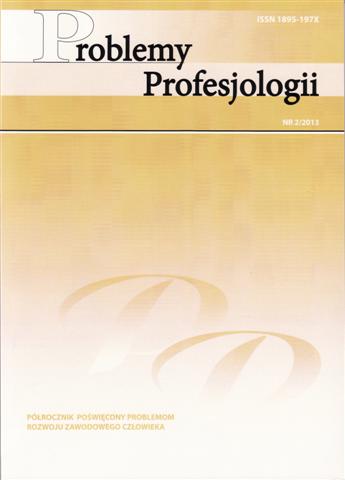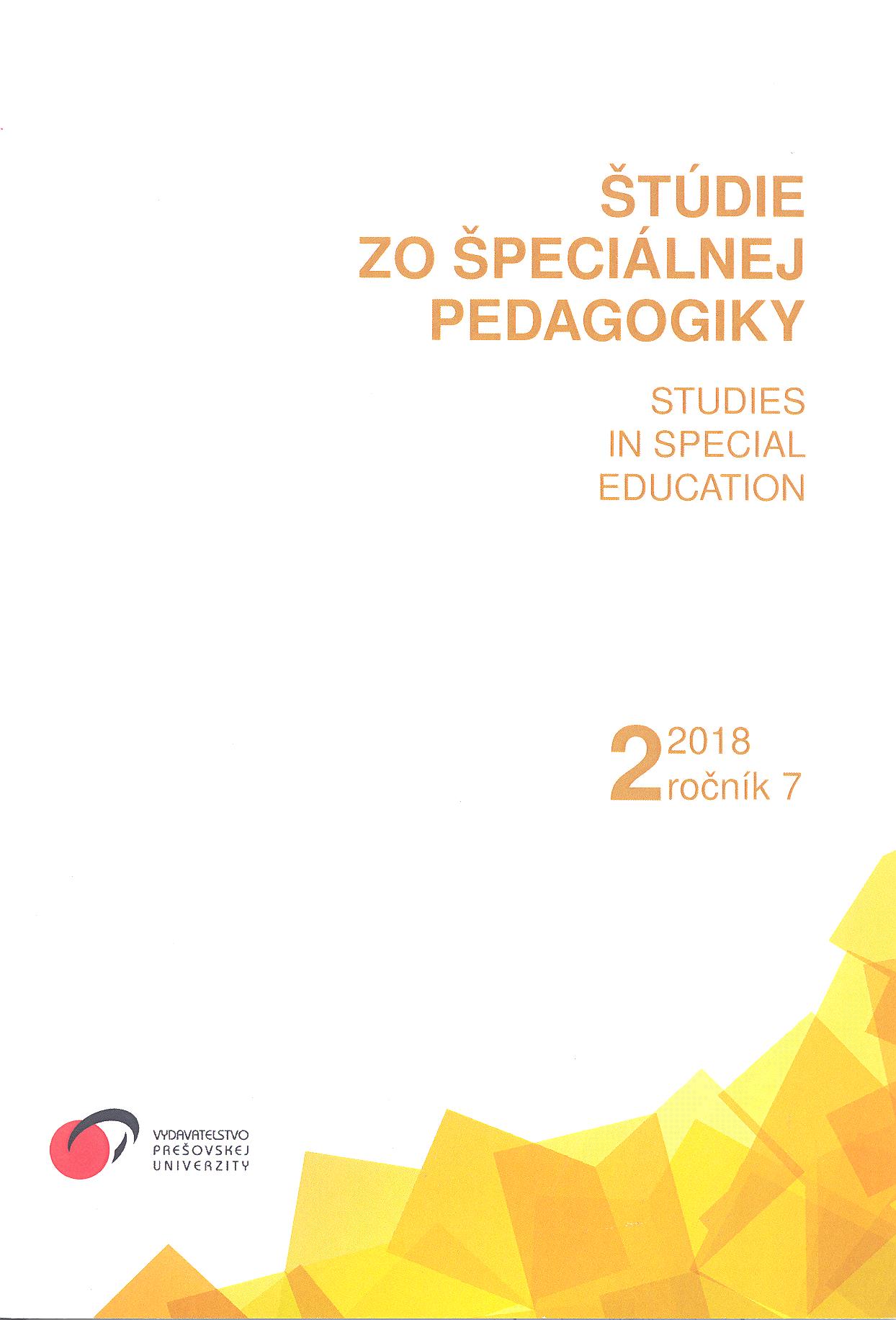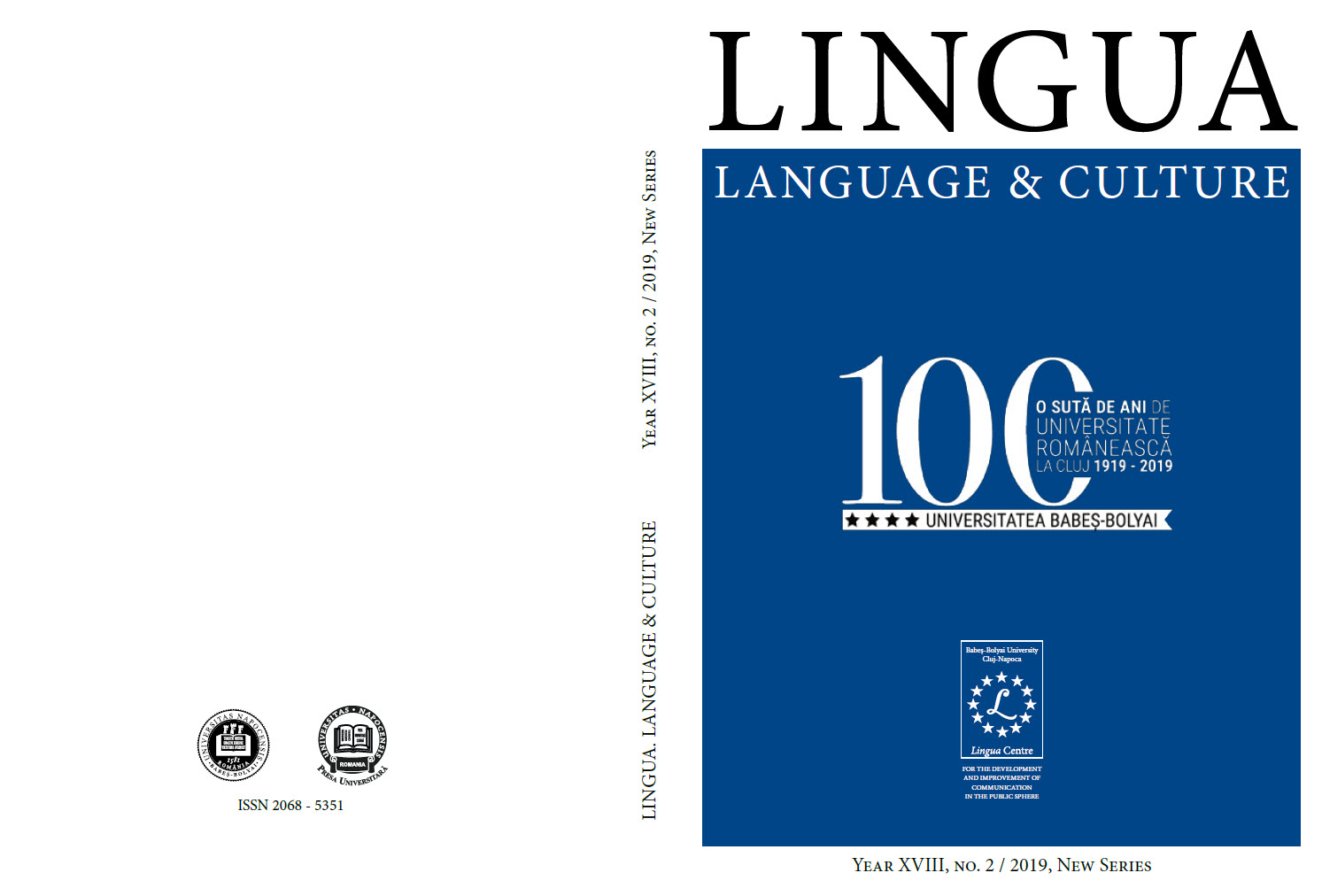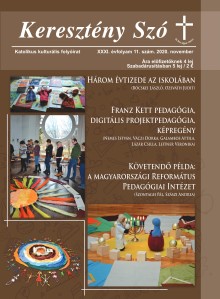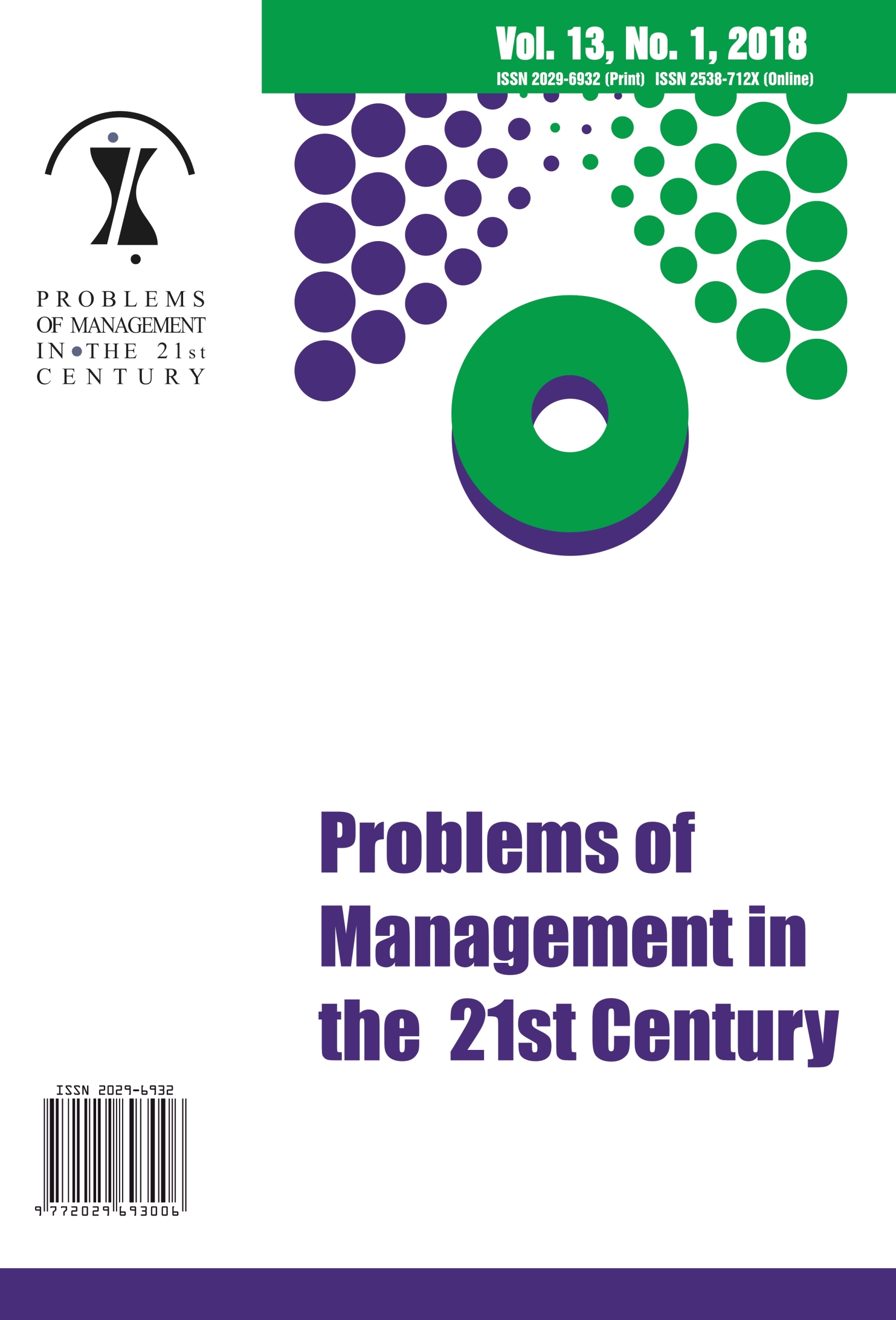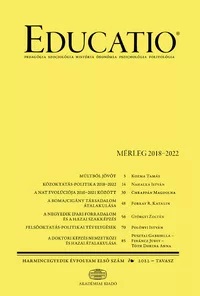Author(s): Kristina Krikštolaitienė,Sigitas Daukilas ,Ričardas Krikštolaitis / Language(s): Lithuanian
Issue: 3/2020
The article analyses the instrumental, social-individual coherence, prestige, cognition, and improvement values of the work, which allows disclosing relevant methodological approaches to the content of vocational education. It is stated that during vocational training, work is usually presented to students not as a value, but as a technological process, with little attention paid to knowing the value context of the work. Therefore, the learning of work technological processes often does not take place in the context of the student’s critical thinking and reflection, during which little attention is paid to the survival of the emotional significance of the work of the student’s chosen profession. To ensure the validity and reliability of the results of the research object quantitative (questionnaire survey) and qualitative (case study) research strategies were used. The study involved 495 students from 27 Lithuanian vocational schools. The study found statistically significant differences between gender in the groups of values of cognition and social-individual coherence. As a result, work often does not become a psychological structure of the student’s value position, which manifests itself in the psychological structure of work values, beliefs, interests, and needs. In such circumstances of cognition of professions, instrumental values, which are characterized by the values of salary, safe, interesting, engaging, and individual-friendly work, are usually established in the curriculum.
More...
